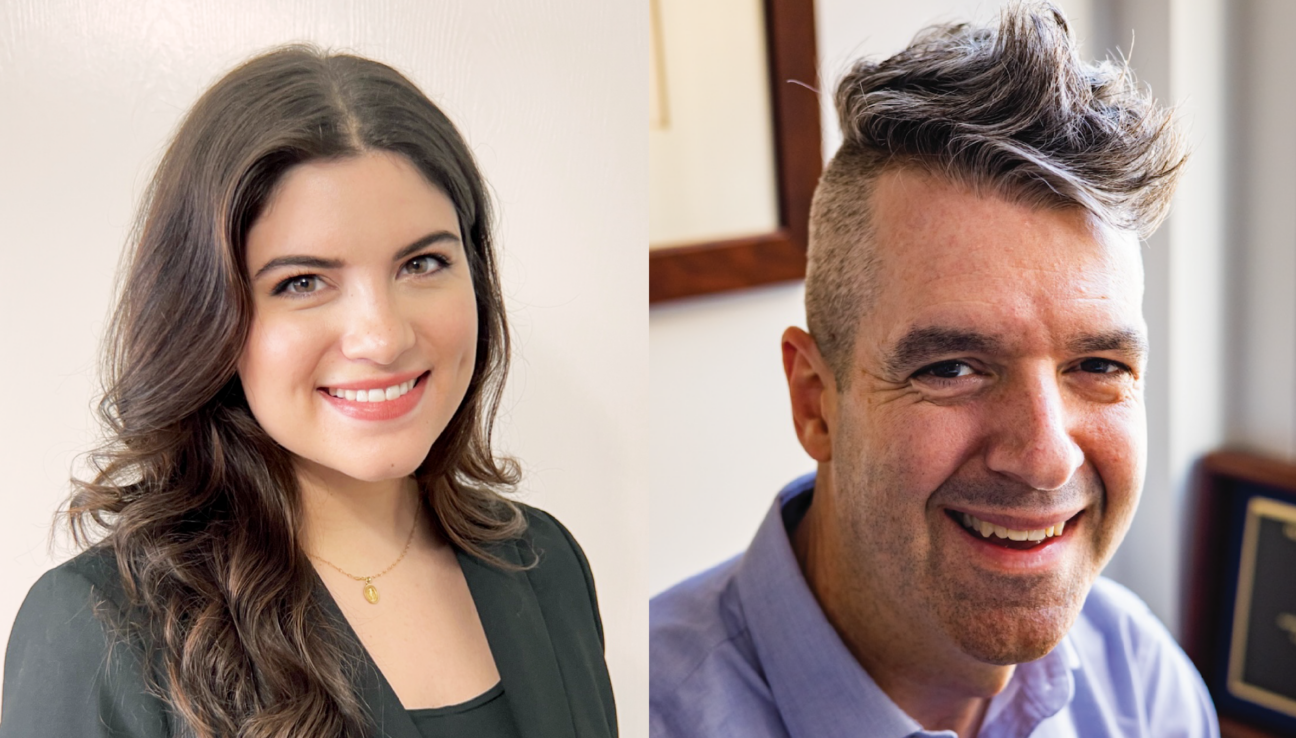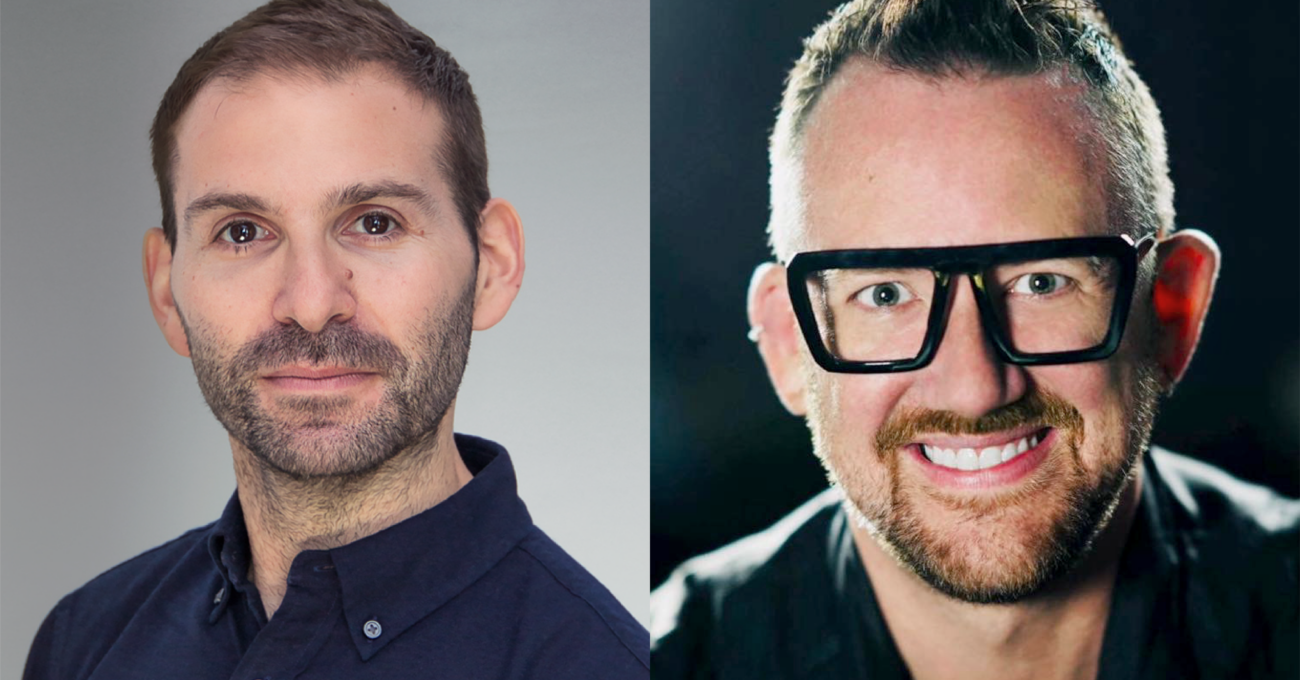
What sets successful DEIBA initiatives apart? It’s not about checking boxes; it’s about prioritizing authenticity and thoughtfulness.
Some of the most impactful DEIBA work in our industry begins with arts organizations fostering genuine community partnerships and engaging audiences in meaningful ways. In this episode, we discuss inspiring examples of how embracing these principles can lead to profound, positive changes in our organizations.




